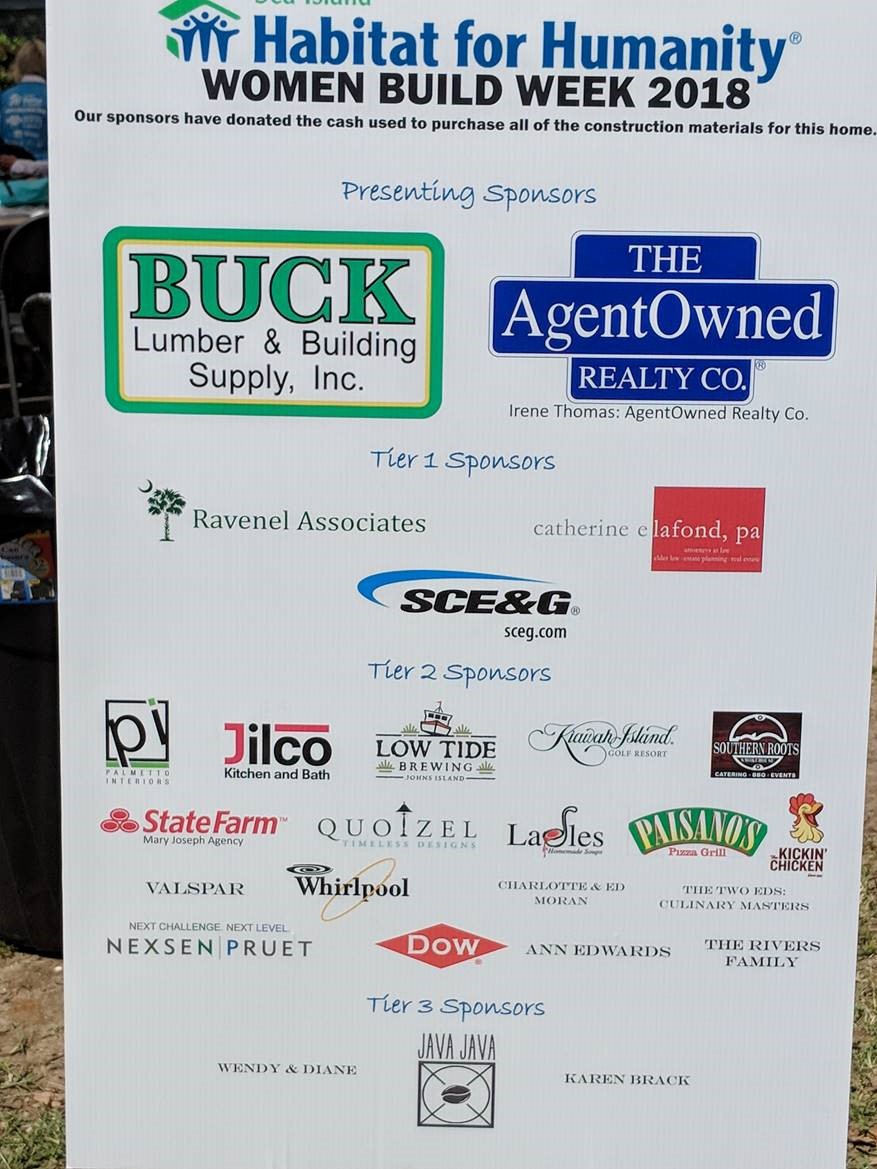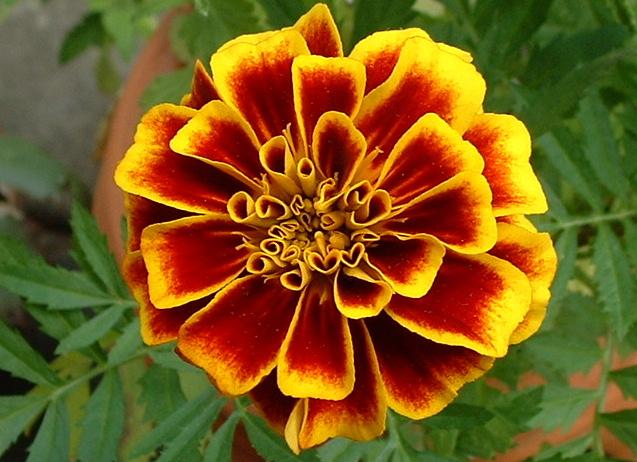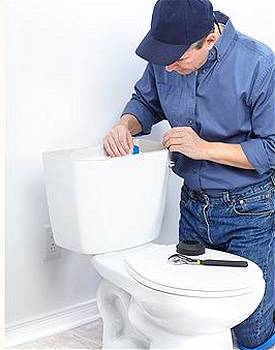Choosing the right association can be as important as the home style. After all it not just about the amenities offered, but what type of guidelines you will be expected to adhere to. In this business we often encounter new homeowners that purchase without considering the HOA's role in the community and how it may affect them. While HOAs can help maintain home values and may provide fantastic amenities they may also prevent you from constructing that 20 ft rock climbing wall you've been dreaming of building in your backyard. To make sure the community is a good fit for your family be sure to ask these 6 questions before you buy.
RARE Charleston: 6 Questions to Ask When Considering a Neighborhood with an HOA
Archive
Blog
Posted .
While we all love to grill, communities that share common walls such as condos and townhomes often have regulations prohibiting open fire grills. But that doesn't have to ruin your summer barbecue plans. Read on to learn about bobvila.com's top three pick for electric grills and their advice for picking the one that is right for you.
Posted .
Ravenel Associates is proud to announce we are a Tier 1 sponsor for the Sea Island Habitat of Humanity’s National Women Build Week 2018. This week is meant to spotlight the homeownership challenges faced by women and invite them to devote at least one day to help families build strength, stability and independence through housing.
This year’s home is being built in the Heritage Oaks community on James Island. The proud new owner is Leland, a single father and hardworking employee of the Kiawah Island Community Association. The progress on this home is quite amazing. Follow along on Sea Island Habitat’s Facebook page or on their website at http://seaislandhabitat.org. Below is a picture of the Donor board posted at the jobsite. Our logo is also on the t-shirts worn by volunteers.
Ravenel Associates wouldn’t have been able to make this contribution if it wasn’t for all of our wonderful employees that make our continued growth and success possible.

Posted .
Curb appeal can make all the difference when it comes to selling your home. Without it, buyers will lose interest before seeing the amazing features the inside of your home has to offer. The following slideshow from Bobvila.com helps identify ten common issues that may be hurting your curb appeal, most of which can be resolved quickly and at no cost.
Click here to view the slideshow.
Posted .

After our record cold winter most of us can't wait to start spending time outside. As you begin preparations for your garden keep in mind that some plants can do more than just add curb appeal. This year you may want to consider plants that also help with mosquito control.
Posted .
 Anyone who's ever experienced a leak from a connecting unit knows what a
nightmare it can be coordinating access and repairs. Don't let your
leaking toilet become a problem when most repairs are simple fixes.
Anyone who's ever experienced a leak from a connecting unit knows what a
nightmare it can be coordinating access and repairs. Don't let your
leaking toilet become a problem when most repairs are simple fixes.
To learn Bob Vila's Top Tips for a Leaking Toilet click here.
Posted .
That’s the question on many homeowners’ minds when there’s a repair or home improvement project on their to-do lists. The good news is that you can do plenty of things on your own. But for other projects, you’re better off hiring a licensed contractor, plumber, or electrician to do the work for you.
When undertaking a home improvement project, you want to strike a balance between saving time by hiring a professional and saving money by doing it yourself. So here’s how to know when to hire a professional and when to go DIY.
Posted .
Although the latest projection has Charleston out of the direct path of Hurricane Irma, due to the size of the storm we are still expected to see tropical force winds and severe flooding. If you haven't already please get prepared. Below is an article from Live 5 News listing the supplies recommended by emergency management officials.
How to build your hurricane disaster kit
Don't wait until a hurricane is close to the Lowcountry to begin preparing your weather disaster kit.
When a storm's approach is imminent, you may not be able to find items you and your family will need. That's why safety experts and emergency management officials say it's critical to plan ahead.
Here's what to consider packing in your kit.
Food and supplies
Stock a 3-day supply for each family member including pets. Store in sealed, unbreakable containers. Identify the expiration date and replace every six months.
- Bottled Water - At least 1 gallon daily per person for 3 to 7 days. Don't forget to add water for your pets, too.
- Water Purification Tablets - These can be ordered at www.quakekare.com.
- Non-Perishable Foods - At least enough for 3 to 7 days. You may need to make special consideration for infants or the elderly.
- High-Energy Packaged Foods - Peanut butter, crackers, nuts, raisins and dried fruits, snacks, cookies, etc.
- Packaged Juices - Cans or Cartons
- Canned Prepared Meats
- Canned Prepared Foods
- Baby Food and Baby Formula
- Baby Diapers and Wet Wipes
- Pet Food
- Powdered or Canned Evaporated Milk
- Special Dietary Needs
- Toilet Paper and Moist Towelettes
- Sponges and Paper Towels
- Soap and Shampoo
- Toiletries - Toothbrushes, toothpaste, deodorant
- Change of Clothing - At least one change for each person
- Rain Gear
- Blankets, Sleeping Bags and Pillows
- Flashlights - One flashlight per person with one extra package of batteries each.
- Battery-Powered Radio - Don't forget extra batteries
- Alarm Clock
- Portable Cooler/Ice Chest
- Bleach - Pure, unscented liquid
- Can Opener - Hand-operated
- Utility Knife
- Pots, Pans, Cooking Spoons
- Disposable Plates, Cups, Utensils
- Sterno Cans
- Butane Lighters and Waterproof Matches - Keep in plastic bags to protect
- Portable Barbecue Grill or Camping Stove
- Charcoal and Lighter Fluid or Stove Fuel
- Pet Carriers, Bowls, Leashes, Chain and Stake
- Plastic Grocery Bags - You'll use them for everything!
- Mobile Device Chargers
Important Documents
- Driver's License or Photo ID - For each person
- Important Phone Numbers - Updated address book
- Home Video/Photos for Insurance
- Extra Set of Car Keys
- List of Important Family Information - Serial numbers of medical devices such as pacemakers, etc.
Health Needs
- Prescription Medication - A two-week supply if possible
- Doctor and Pharmacy Contact Information
- Medical Paperwork - Including insurance cards, a copy of all prescriptions and a list of known allergies
- Pain Relief and Anti-Diarrhea Medications
- Vitamins
- First-Aid Kit
- Sunscreen
- Insect Repellent
- Feminine Hygiene Products and Birth Control
Copyright 2017 WCSC. All rights reserved.
Posted .
Flower gardens can turn an ordinary area into a colorful showcase or create a border that pops. Whether you choose an easy to manage perennial or a particularly touchy annual, growing flowers is a rewarding addition to any yard or landscape.
Selecting the right plants for your flower garden is often a matter of preference, but with so many species and varieties available it can be mind-boggling. Whether planting perennials or annuals, preparing the soil in advance will help your plants flourish (see Building Healthy Soil). Annuals will probably be less picky about where they live since they will only be around for about a year. However, the better the growing conditions, the better the plant will fare.
If you are starting with a bare or weedy spot of land, you’ll need to start at the beginning. Determine the area for your flower bed and start digging. Remove all surface weeds along with rocks and roots. Next, dig some more — double dig that is. To double dig a garden bed, dig a trench the width of the garden to 2 shovel depths. Set the soil off to the side. Then, dig another trench next to the first one, dumping the soil into the first trench.
When starting plants from seed, be sure that your soil has
been adequately prepared. Dig a small hole in the ground according to the
directions on the seed packet (usually about twice the depth of the seed) and
drop in a couple of seeds. Cover with soil and water gently, but thoroughly. Be
sure to keep the soil moist as the seed sprouts.
View Website as a Different Visitor
Leave us a message
If you feel this is incorrect please contact Stop Forum Spam

